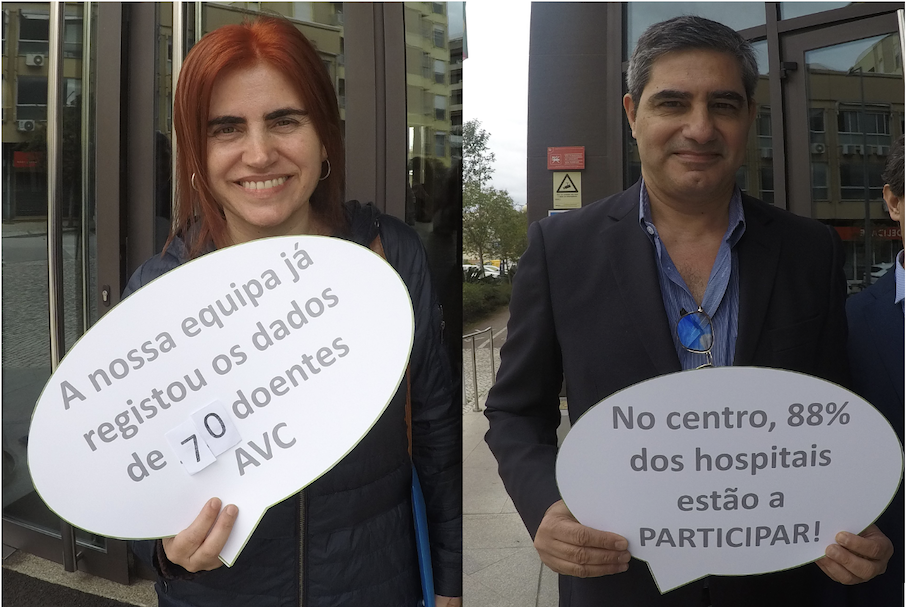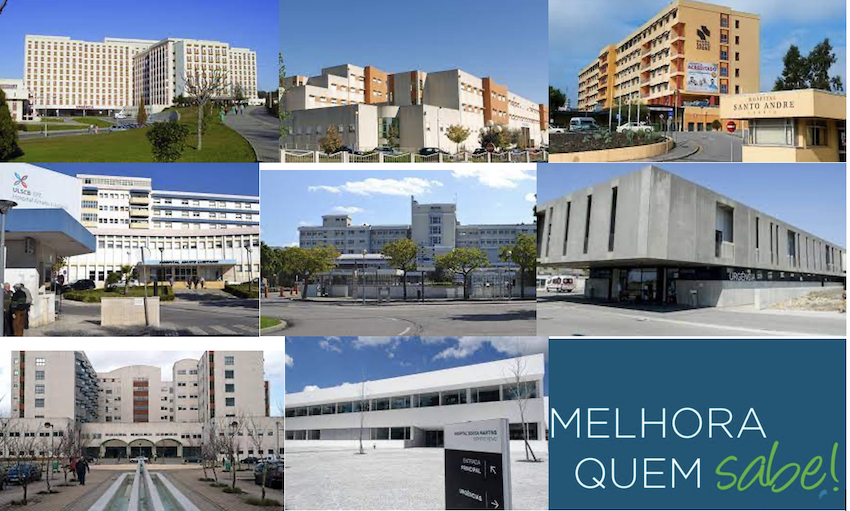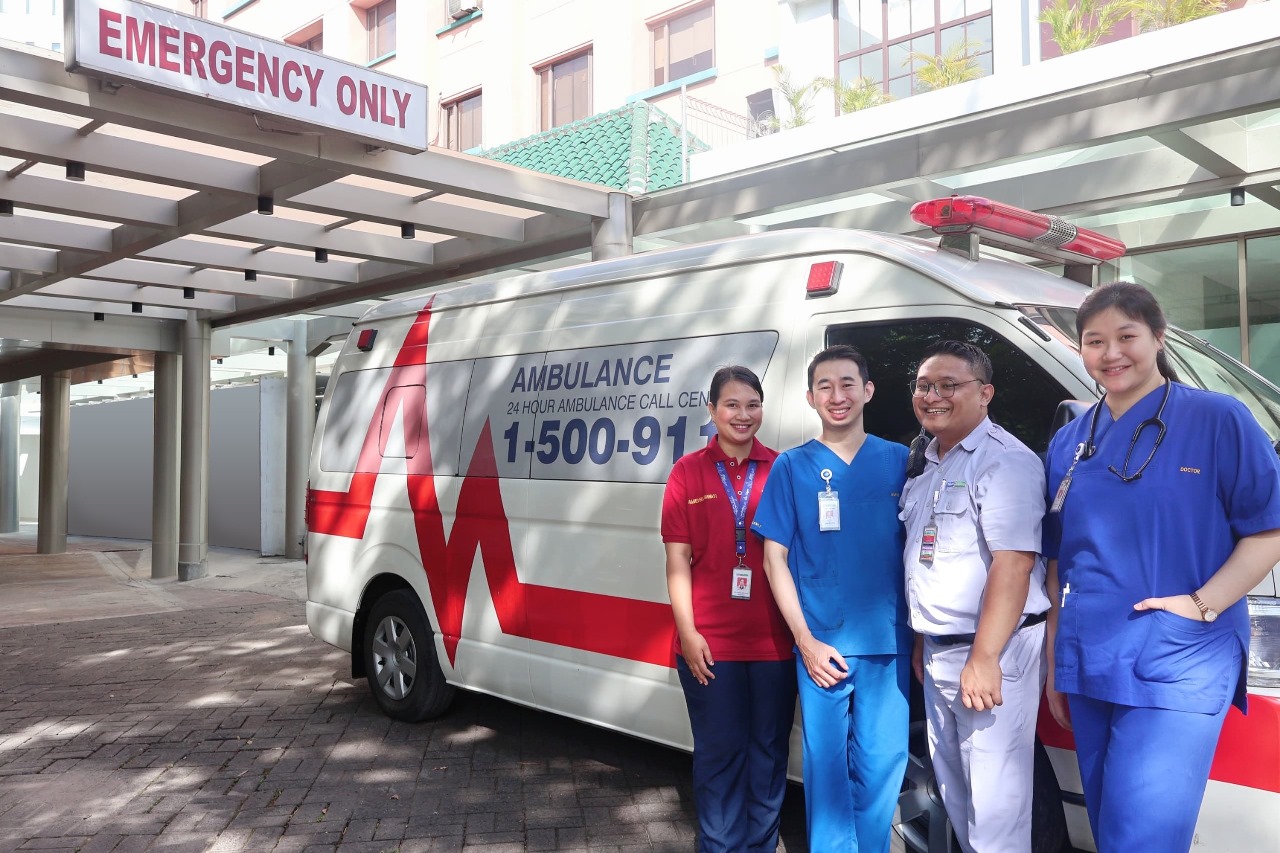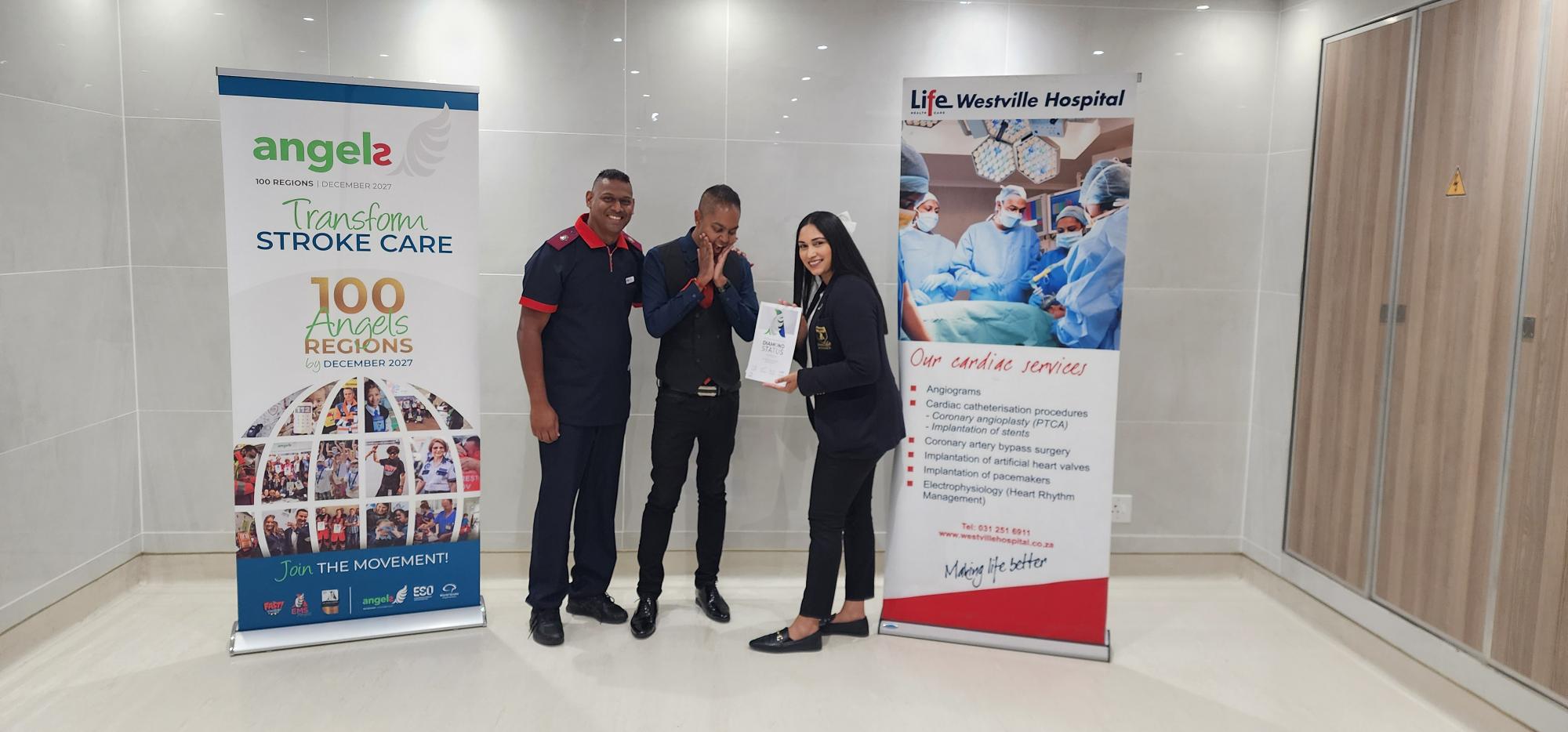
A térképen LÁTHATÓ városok tökéletes háromszöget alkotnak – Coimbra nyugaton, Tondela északon és Castelo Branco keleten. Nagyjából a háromszög belsejében fekszik Portugália Centro régiója, amely a zord szépségek, gazdag történelem helyszíne – és az utóbbi időben ígéretet tett arra is, hogy a portugál stroke közösség minőségellenőrzési programja a sikerhez szükséges lendületet kapja.
A felülvizsgált program megköveteli a kórházaktól, hogy stroke beteg küldjenek el a RES-Q vagy SITS-QR részére minden teljes hónapra szemeszterenként. Amikor a programot először 2021-ben indították el, március és november hónapok kijelölt adatgyűjtési hónapok voltak, de várhatóan egy rugalmasabb megközelítés segít leküzdeni a következetes adatgyűjtés akadályait.
A Centro régióban ezt a rugalmasságot úgy kezelték, mint lehetőséget az adatok korábban történő benyújtására, nem pedig később. Valójában a régió összes stroke kórháza 2023 januárjára küldte be a beteg, határozottan és egységesen eljárva a stroke gondozás javítása érdekében a régióban, és referenciaként szolgálva az ország más részein található kórházak számára.
Ennek a kiemelkedő eredménynek az inspirációja ugyanazon a térképen található, ahol egy kis képzelőerő lehetővé teszi két fényes hely megtekintését – az egyik nyugaton található, ahol Dr. Gustavo Santo neurológus a Coimbra Kórház és Egyetemi Központban (CHUC) és a Centro regionális stroke kód koordinátor, a másik pedig északon, ahol Dr. Ana Gomes a Tondela-Viseu Kórház Központ stroke osztály koordinátor, valamint Portugália RES-Q koordinátor.
2018 óta 19 ESO Angels-díjjal, köztük 10 gyémánt díjjal, a Tondela-Viseu Kórház ragyogó példája a minőségellenőrzés stroke gondozás gyakorolt hatásának. Dr. Gomes így fogalmaz: „A minőségfigyelés lehetővé teszi számunkra, hogy értékeljük mutatóinkat, felismerjük „gyenge pontjainkat” és javítsuk teljesítményünket. És amikor elérünk bizonyos minőségi célokat, az motiválja a csapatot.”
Dr. Gomes nem örül annak, hogy a Melhora Quem Sabe kezdeményezés milyen hatással lehet a stroke gondozás Portugáliában. „A konkrét adatok a kórházak és a stroke gondozás minőségét befolyásoló problémák közötti egyenlőtlenségekhez vezetnek, de ez a hatás nagyon függ a részvételtől. A túlterhelő munkaterhelés és a minőségellenőrzéshez szükséges elégtelen vezetőségi támogatás eltántorítja a kórházakat a betegek regisztrálásától. A kórházunkban is előfordult, hogy a nagy munkaterhelés és a nagy betegmennyiség miatt nem tudtam következetesen regisztrálni a betegeket, és ez olyasvalami, amit sikerült legyőznünk azáltal, hogy a csapattagokat az adatgyűjtésért való közös felelősségvállalással.”
Dr. Gomes úgy véli, hogy ha kiválaszthat egy hónapot az adatgyűjtéshez, akkor több stroke-egység kerül a fedélzetre.

Egy 50 perces autóút Tondelától, a Coimbrán Dr. Gustavo Santo nem bízza a véletlenre. A Coimbra Kórház és Egyetemi Központ a régió beutaló kórháza trombektómiára és telemedicina központra, és Dr. Santo aktív szerepet vállalt a Centro kórházak Melhora Quem Sabe kezdeményezésben való részvételének ralizásában.
„A régió minden egyes kórházával felvette a kapcsolatot, és arra biztatta őket, hogy nyújtsák be az adataikat” – mondta Inês Carvalho, a portugáliai Angels tanácsadó. Dr. Santo feltehetően erőteljes bátorítási stílusa felkeltette a hálózat összes kórházának ambícióját, előkészítve a területet az adatalapú fejlődéshez a régióban.
Dr. Santo eljátssza a saját hozzájárulását, és elmondta, hogy mindössze sok más egészségügy szakemberrel vett részt abban, hogy a regionális hálózatban kórházakat szerezzenek meg adataik megosztására 2023 januárjában. De Inês egyenesen fogalmazza meg a rekordot: „Lehetséges volt, mert ragaszkodott hozzá.”
Dr. Santos, Dr. Gomeshoz hasonlóan, a minőségellenőrzés szószólója, hisz abban, hogy „központi szerepet kell játszania a szervezetek tervezésében”.
„Lehetővé teszi, hogy alaposan megvizsgálja az ellátási láncban a meghibásodás pontjait, és korrekciós intézkedéseket hajtson végre. Nem tudjuk korrigálni, ami ismeretlen.”
Dr. Santo szerint a hálózatban lévő kórházak általában reagáltak az emberi erőforráshiány és a magas személyzeti fluktuáció nyomása ellenére a nemzeti egészségügyi szolgálat kihívásokkal teli időszakában.
„A minőségellenőrzés előnyei magától értetődőek” – mondja. „A legnehezebb az akarat mérése, rögzítése és értékelése az ehhez szükséges eszközökkel.”
Castelo Brancoban a háromszög harmadik pontján Dr. André Eugénia és Dr. Raquel David megtalálták mind az akaratot, mind az eszközöket. A Castelo Branco kórház még nem díj stroke központ, de a minőségellenőrzés iránti elkötelezettsége és a csapat Angels-szel való együttműködés iránti lelkesedése a jövő fényes helye a stroke gondozás.
Dr. David felsorolja azokat az okokat, amelyek meggyőzték őket arról, hogy vegyenek részt az adatgyűjtési kezdeményezésben: „Tudatában van annak, hogy a kezelés késlelteti a beteg túlélését és életminőségét; többet szeretne megtudni jelenlegi teljesítményünkről; lehetőséget kap arra, hogy az információk megosztásával és Angels támogatásával tanuljunk versenytársainktól.”
Itt, mint máshol, a csapatmunka leküzdi a személyzeti hiány és az ebből eredő időhiány kihívásait. „Stratégiánk az volt, hogy elosszuk a feladatokat, és jól szervezett rendszert alakítsunk ki az adatgyűjtéshez, hogy a csapattagok szükség esetén egymás helyébe léphessenek” – mondja. Az ápolók olyan adatbázisban állítják össze az információkat, amelyből azokat később exportálják a RES-Q platformra.
Dr. Santo szerint nagyon fontos az ápolók bevonása az adatgyűjtésbe. „Döntő szerepet játszanak a gondozásban, amely több minőségi mutatóra is hatással van.”
Azon más régiókban lévő kórházak esetében, amelyek még nem nyújtották be adataikat a 2023-as első félévre, Dr. Gomes a következő tanácsokkal látja el: „Gyűjtsd össze a csapatodat, hogy tudatosítsák a projektet, válasszák ki a nyilvántartások egyikét (RES-Q vagy SITS-QR), válasszák ki a hónapot, és vegyenek részt az összes stroke-os beteg adatainak összegyűjtésével.”
Dr. Santo tanácsa még ennél is fontosabb: „Só melhora quem szabe!”
Csak akkor tudsz jobban lenni, ha tudod.



